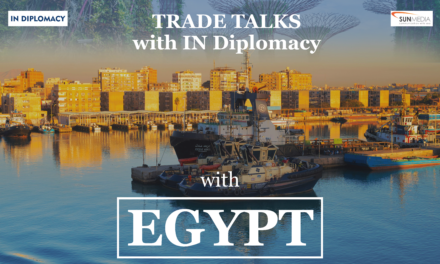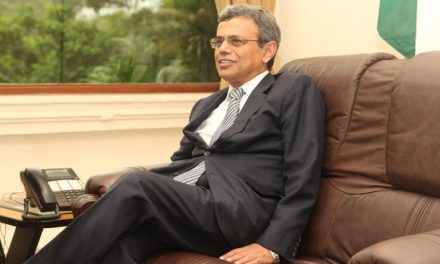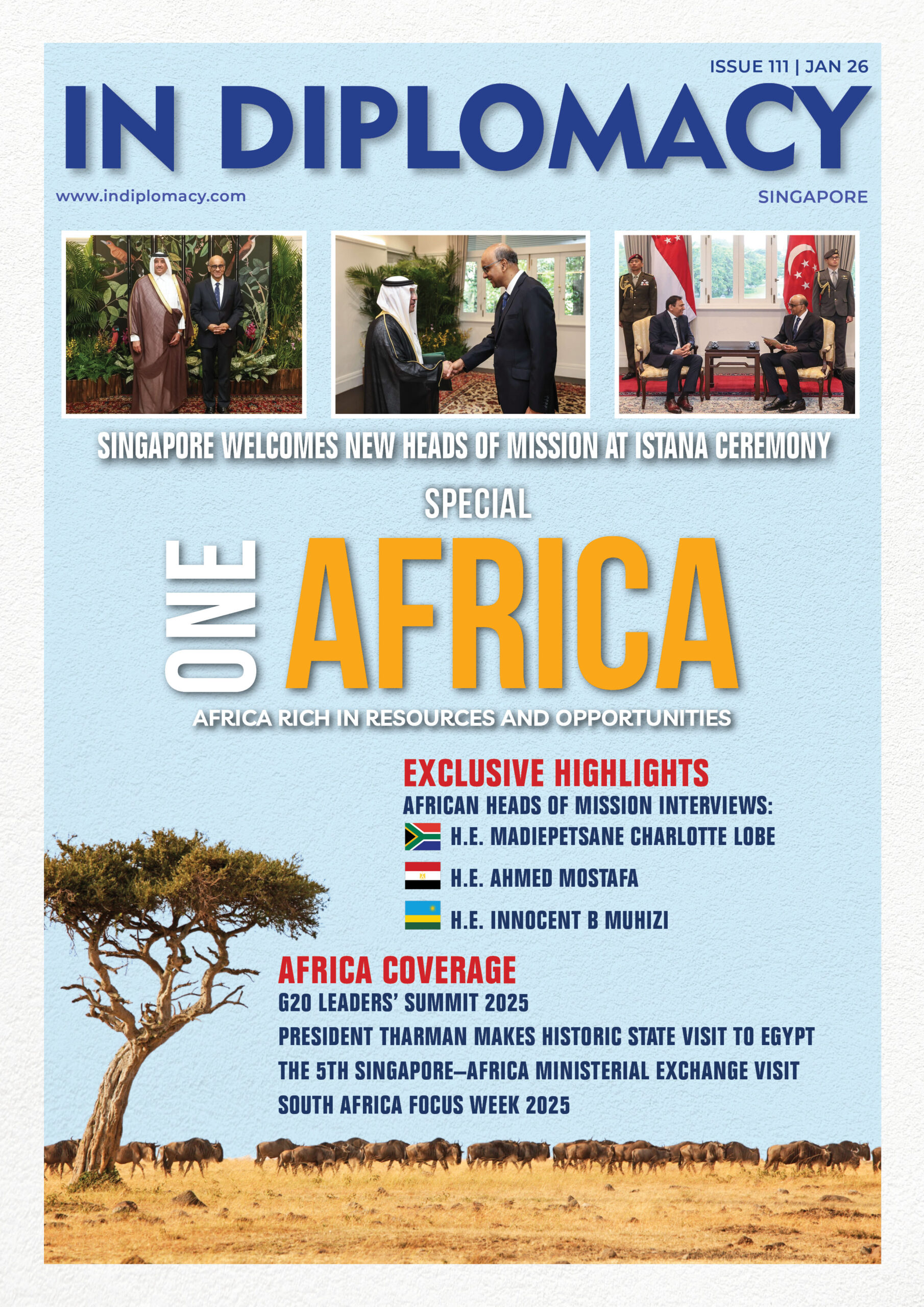
For quick topical updates our Africa Specialist Johan Burger keeps his finger on the pulse of the African continent through our ONE Africa Podcast series. The latest buzz relates to how Africa is attracting a legion of new investors

AFRICA has a myriad of opportunities waiting to be unlocked. Of that, there can be no doubt. With a population of 1.3 billion, a growing urbanizing population, and a growing consumer class, the continent has been increasingly attracting investments abroad. We are seeing traditional investor countries such as China, India, the USA, EU countries, Japan, Russia, and South Korea, but other “new “investors include the likes of the United Arab Emirates, Turkey, Saudi Arabia, and Iran. Of these, the UAE has become one of Africa’s top four FDI investors, with Turkey becoming prominent as well.
Africa is suffering from a low level of intra-African trade. It has addressed this challenge in the past by developing various regional economic communities, such as the East African Community (EAC), the Economic Community of West African States (ECOWAS), the Southern African Development Community (SADC), and the Community of East and Southern African States (COMESA).
Despite these initiatives, intra-African trade has remained low. Subsequently, the African Union (AU) launched the Continental African Free Trade Area in January 2021. It promises to grow intra-African trade by more than 50%, with huge benefits for the continent and its investors.
Which Sector?
Africa has riches in every sector imaginable. From a retail perspective, there are many opportunities in the formal sector and huge potential in e-commerce. Its manufacturing sector is still significantly underdeveloped, but it has huge potential. Opportunities are abundant in pharmaceutical production, motor vehicle manufacturing, textile production, affordable mobile phone production, and value addition in general, especially in food production and oil products. The energy sector is also an area of huge interest, given the large number of people who do not have access to electricity. Renewable energy has become very important, with a significant and growing demand for solar panels, inverters, and solar batteries.
Green hydrogen is a developing sector, with various African countries demonstrating huge potential. In construction, challenges in infrastructure (energy, water, roads, rail, ports, airports) have given rise to large investments. Education and health are additional sectors that also await eager investors.
Investing in Africa requires all interested parties to do their homework well. This is necessary to avoid the pitfalls awaiting the uninitiated and ignorant who rush in without understanding where and how to invest. While the rewards are there, the risks also need to be understood, which is the case globally. Security is a challenge, as are currency devaluations, foreign currency scarcity, high inflation, and crime in some areas.
These are all issues, however, that can be mitigated and properly addressed by doing one’s homework in advance. This is evident from the success of foreign countries such as Singapore, with Tolaram, Olam, Wilmar, PIL, Indorama, and Top International active on the continent. Africa is not just the last investment frontier globally but has immense investment potential. Those who hesitate, do so at their own detriment.
















